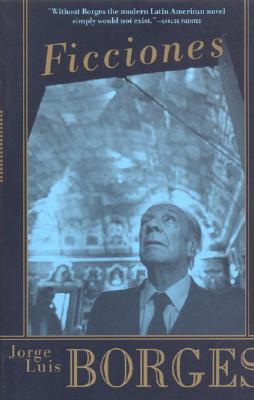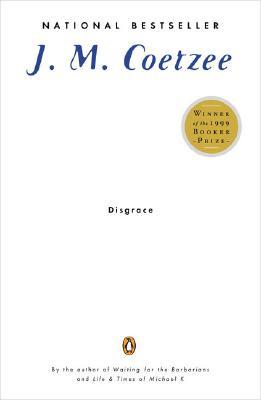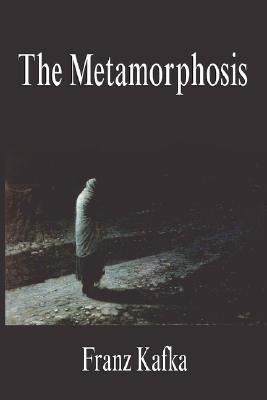 In her essay collection Barbara Kingsolver brings to us an extended love song to the world we still have. Whether she is contemplating the Grand Canyon, her vegetable garden, motherhood, genetic engineering, or the future of a nation founded on the best of all human impulses, these essays are grounded in the author's belief that our largest problems have grown from the earth's remotest corners as well as our own backyards, and that answers may lie in both those places.
In her essay collection Barbara Kingsolver brings to us an extended love song to the world we still have. Whether she is contemplating the Grand Canyon, her vegetable garden, motherhood, genetic engineering, or the future of a nation founded on the best of all human impulses, these essays are grounded in the author's belief that our largest problems have grown from the earth's remotest corners as well as our own backyards, and that answers may lie in both those places. Sometimes grave, occasionally hilarious, and ultimately persuasive, Small Wonder is an examination of the people we seem to be, and what we might yet make of ourselves.
When I first opened this book I had mixed feelings about reading it. On one hand there was a lot of anticipation: I've heard so much about Barbara Kingsolver, I've heard her excellent interview on the BBC World Book Club, I've been meaning to read something by her for the longest time and now was my perfect opportunity. On the other hand I heard that environmental and humanitarian issues are a dominant theme in this collection of essays and I don't tend to make that kind of reading part of my entertainment lineup. When I got to the book club meeting and admitted that I haven't read the book the ladies were unanimous: "Just pick the ones that sound good," they said, "you're not going to miss some deep meaning if you do". And so I did.
I read "Letter to a Daughter at Thirteen" and "Letter to my Mother" first, and the latter almost made me cry. Then I read "Lily's Chickens" and "The One-Eyed Monster" and a handful of others. I skipped over the ones where issues were prominent and stuck to the ones that dealt mostly with people on a personal, intimate, level, and I loved them. Kingsolver made me feel as if I knew her through her writing, as if I could relate to this woman whose life is nothing like mine, but who somehow could understand me, and who I could in turn understand. I suppose it's a sign of a masterful writer if a few essays can make the reader feel close to a stranger, if they can show that no matter the place and the circumstances people really are the same everywhere.
Kingsolver's reputation is deserved and I'm glad that I have the Small Wonder essays a chance. She strikes the perfect balance between fearless frankness and not revealing too much, and her writing brings the reader so close it's almost like you're having a conversation with the author and she's telling you about her life and her beliefs. If you haven't read anything by Kingsolver yet I would recommend that you pick up this collection, it's an excellent example of what this author can do.




